Article not found
This article is no longer available. But don't worry—we've gathered other articles that discuss the same topic.
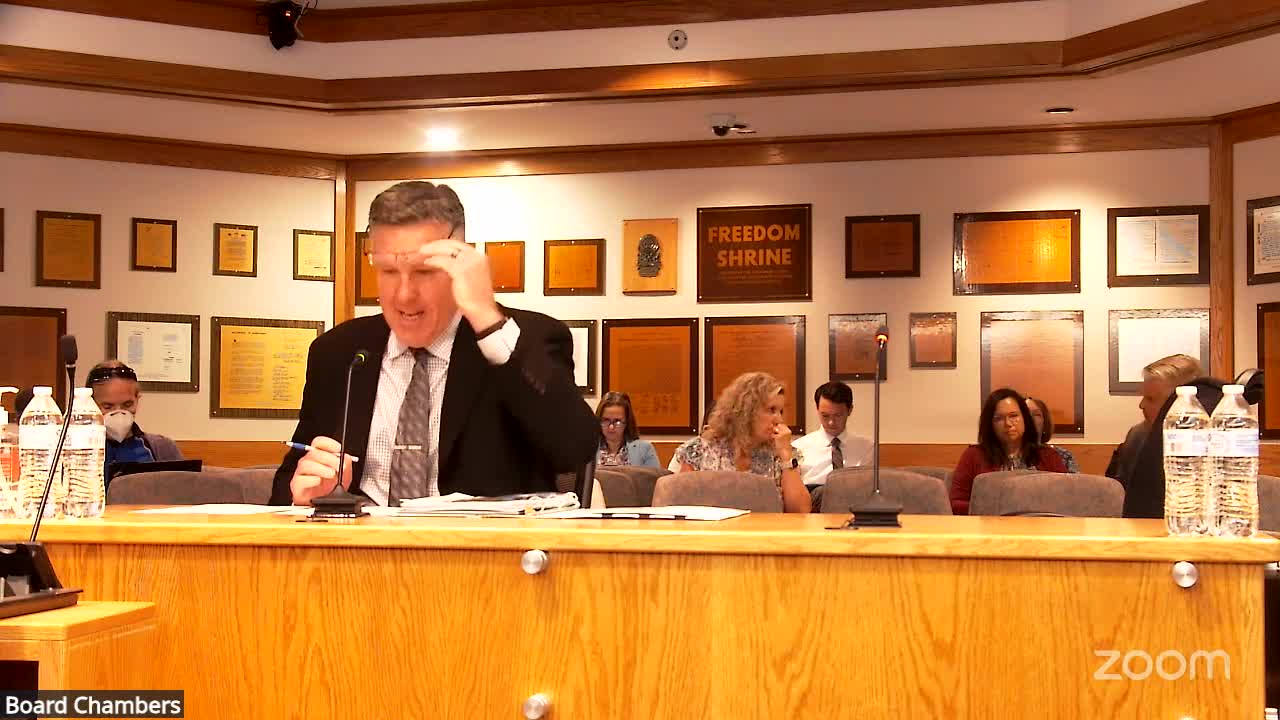
Board forms two permanent road divisions to fund road and storm‑drain maintenance in new subdivisions
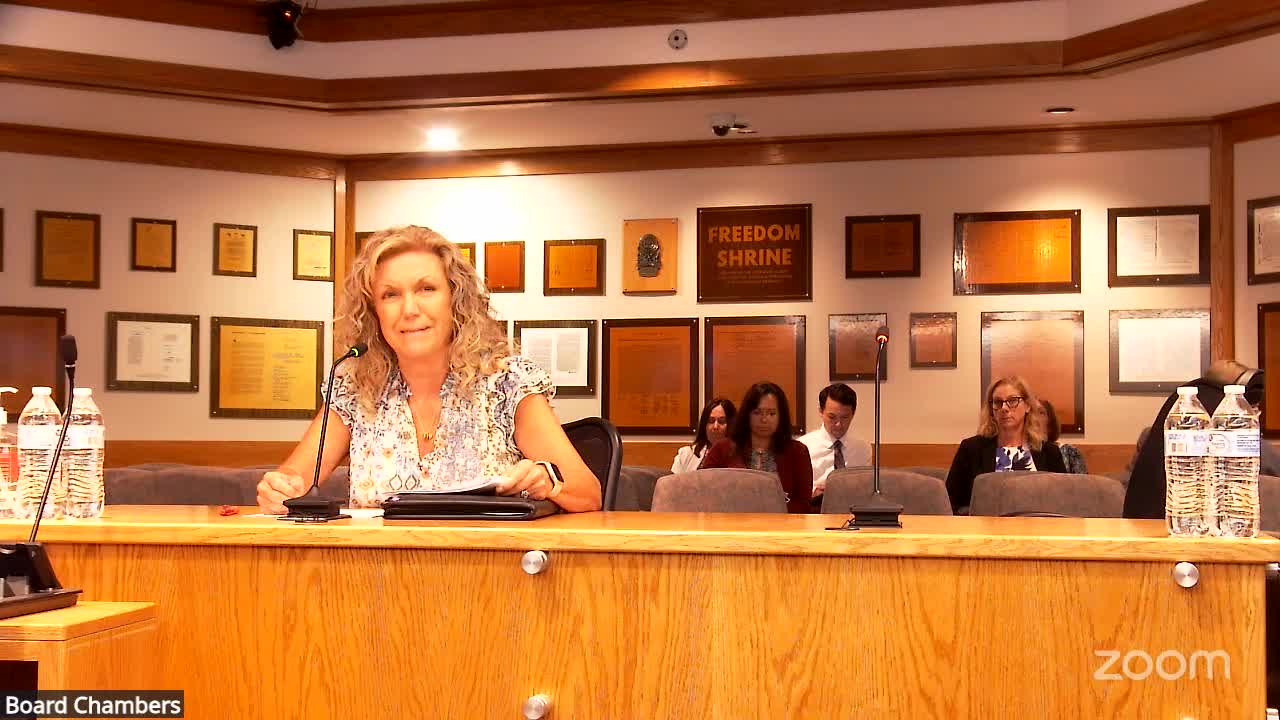
County approves a package of departmental and appointed official salary adjustments and contracts
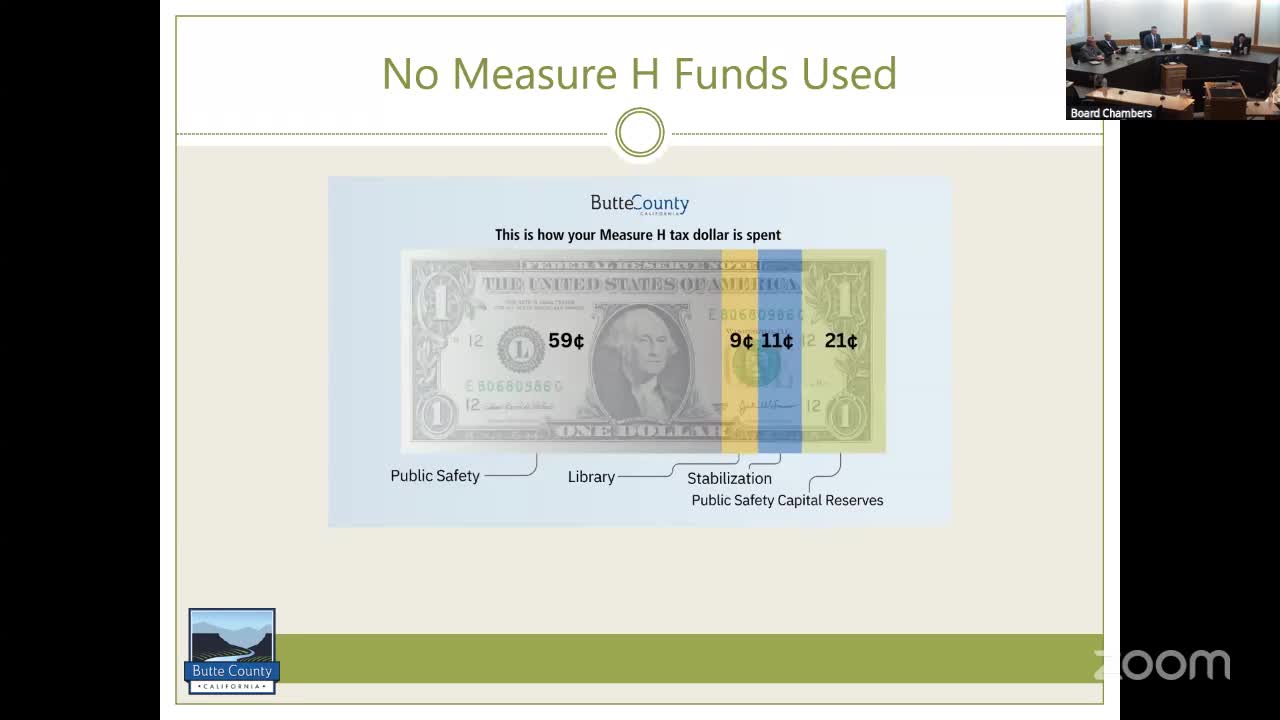
Supervisors approve new pay benchmark, link their salaries to state legislative scale
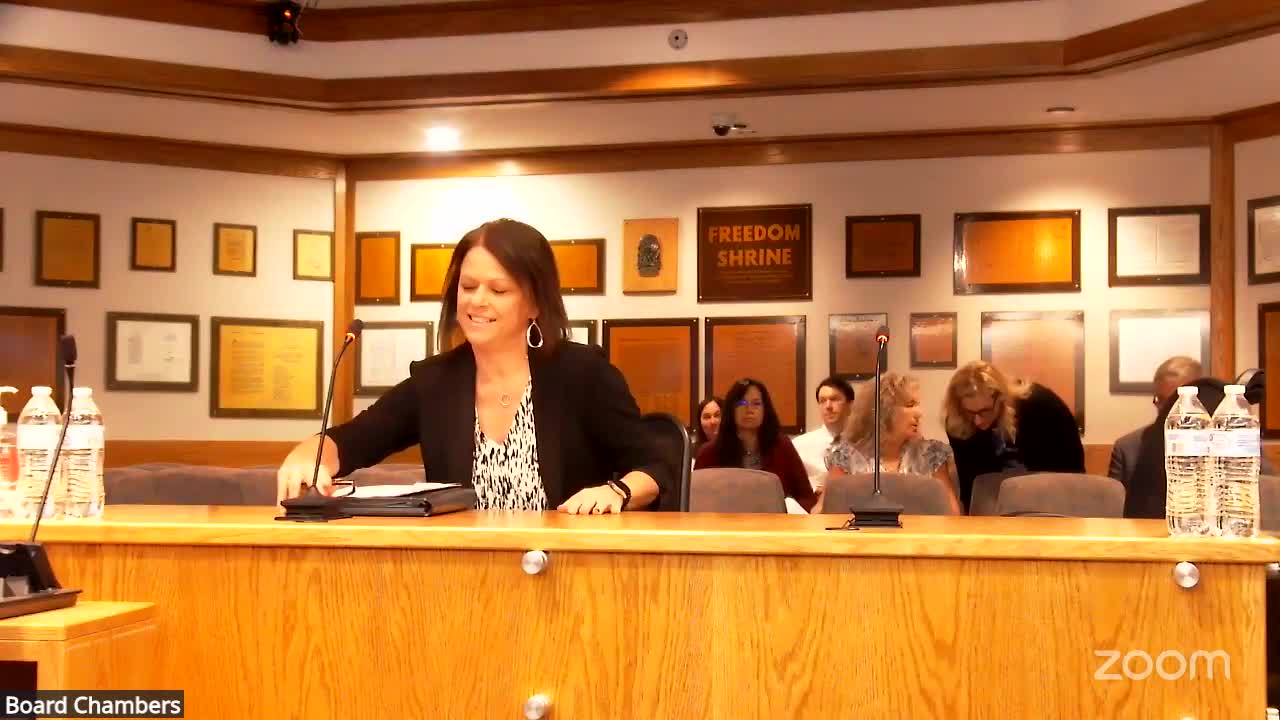
County says Park and Thompson fire debris removal nearly complete; state to pay most costs
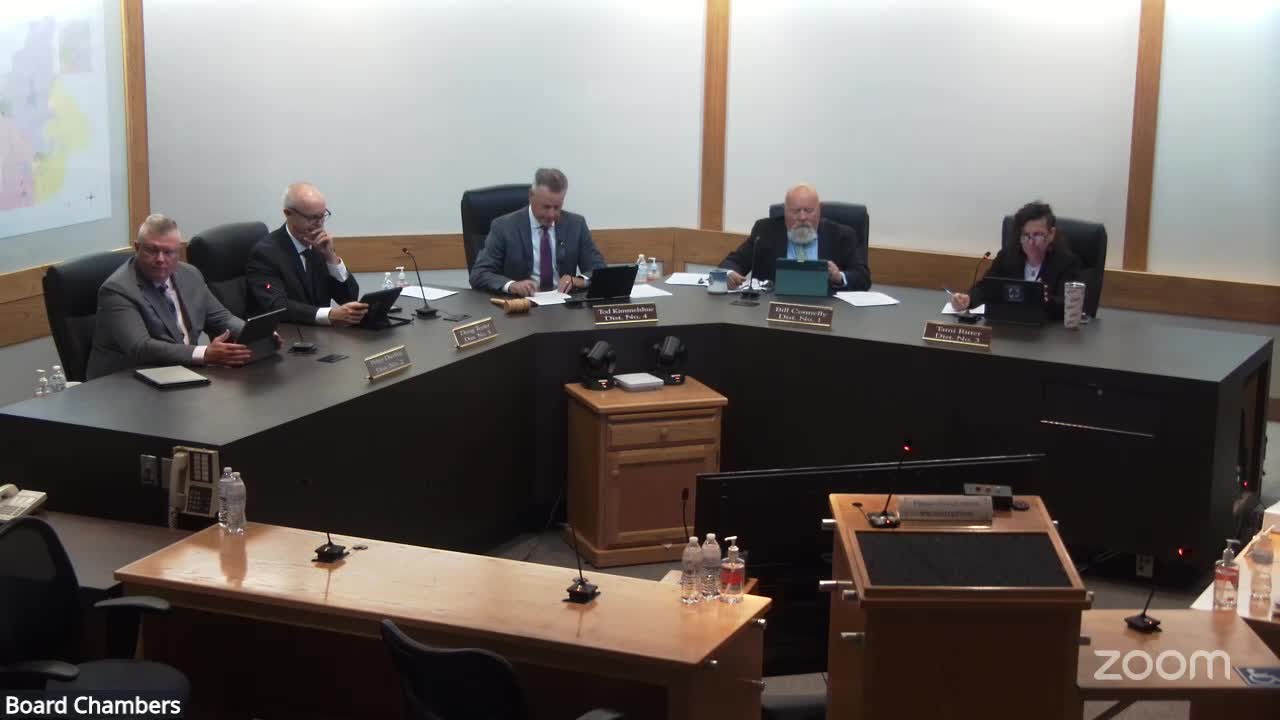
County planners brief supervisors on CEQA reforms; many changes target urban projects
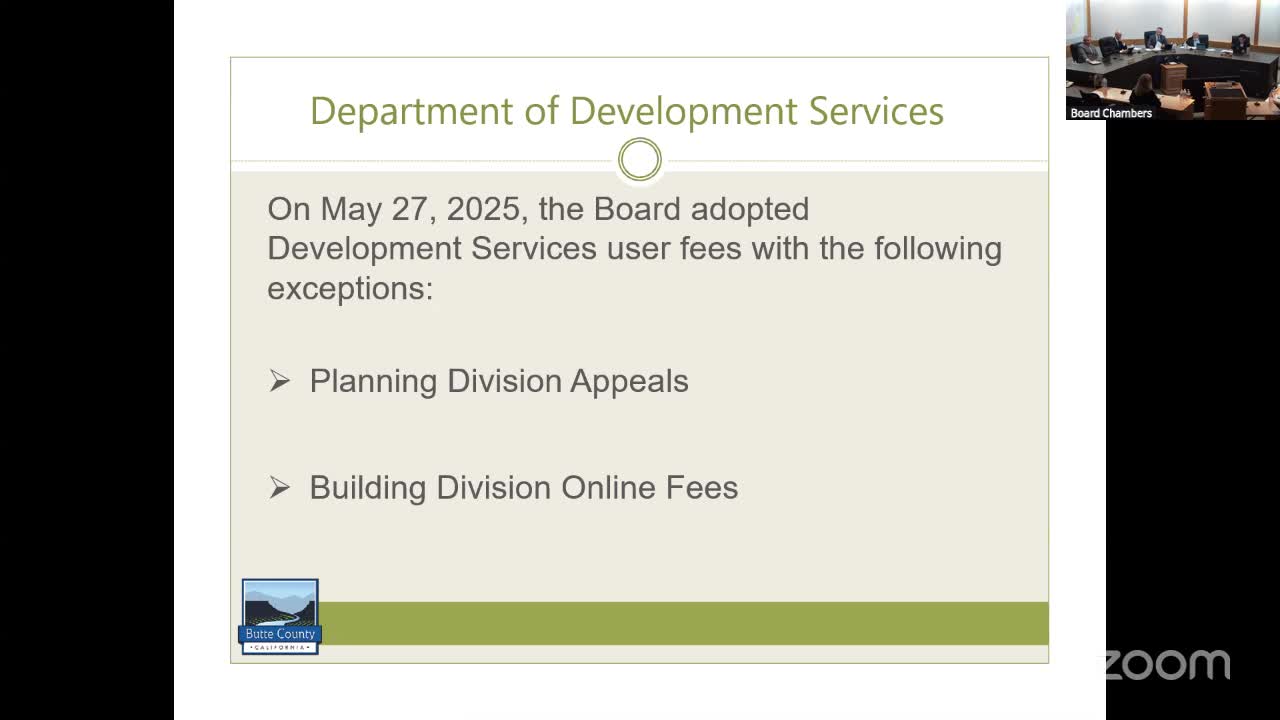
Supervisors trim planning appeal fee, eliminate online building fee and set mobile food truck/cart inspection rates

